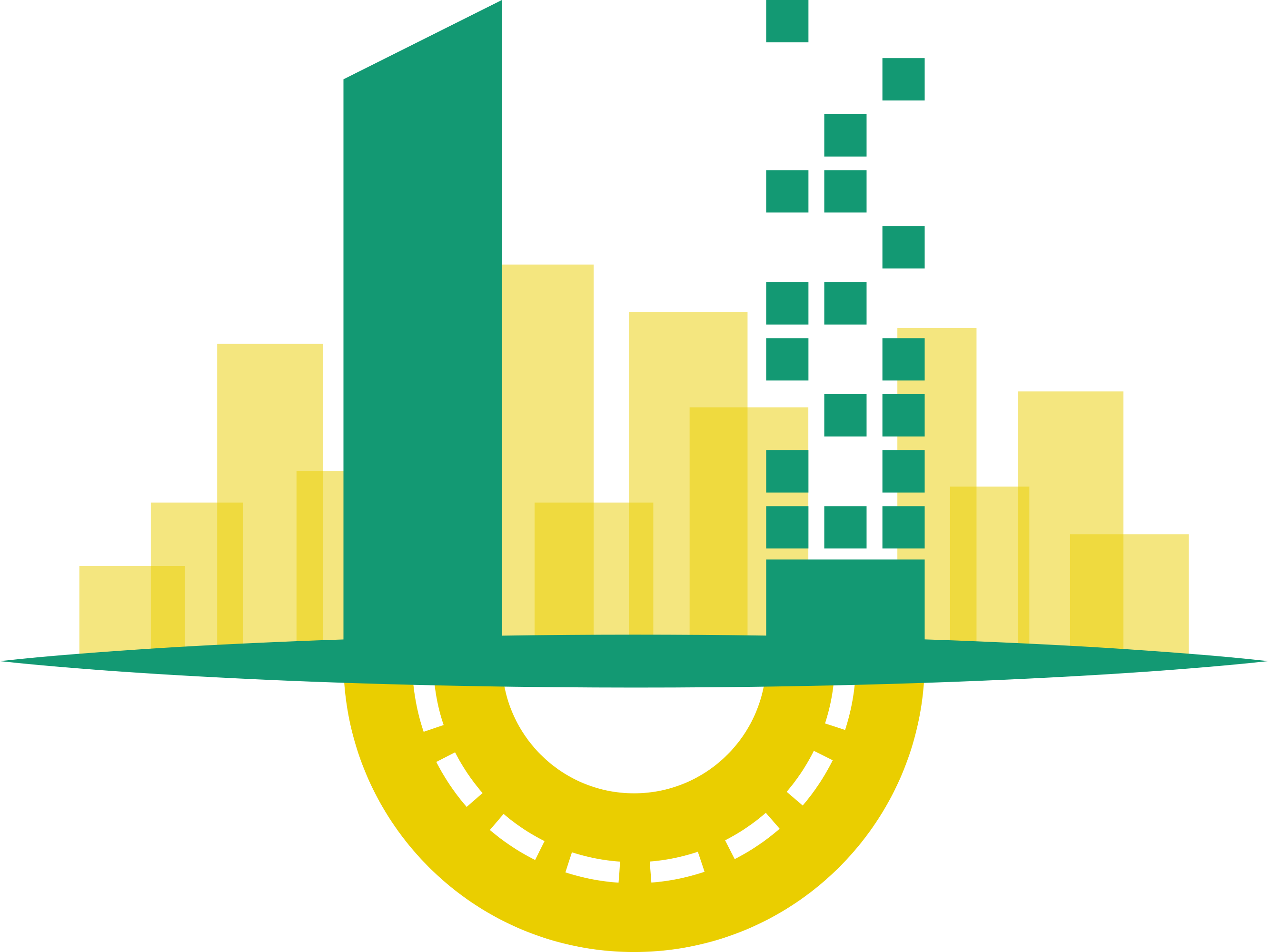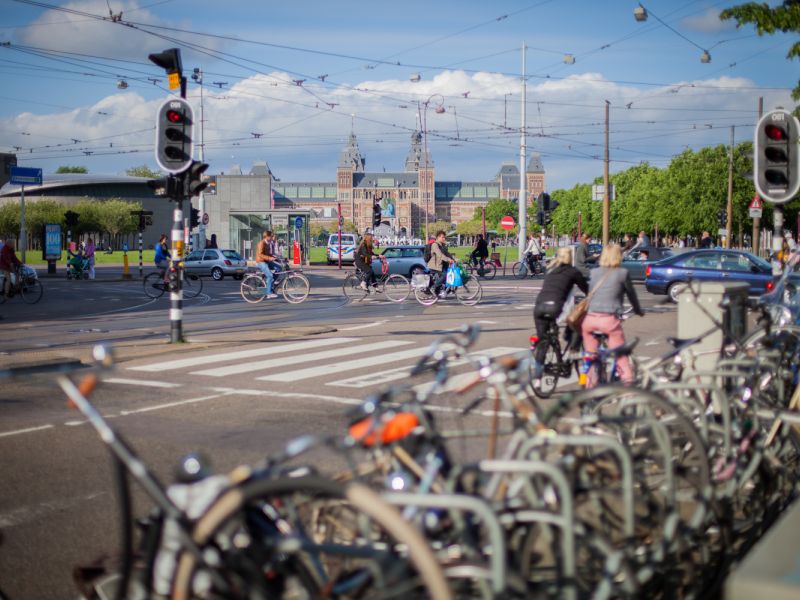Better mobility together
Mobility policy needs to include citizens - after all, we are all experts on the way we move about in our daily lives. Implementation of new policies and technologies requires a co-creative process. That is why for the Urbanite project, we are looking for citizens, organizations, and mobility managers who would like to share their thoughts with us.
Why make mobility participatory? Don’t tasks like managing traffic flows, determining vehicle laws, and managing train times require the type of knowledge found by mobility experts? What role is there for citizens in such a specialised field? And why would citizens be interested in traffic and transportation?
It’s true that mobility is a complex subject requiring expert knowledge, but mobility is about more than efficiency and logistics – at its core, mobility is about the safety and experience of people in their everyday lives. This is where participation comes in: Citizens are the experts on their own lives and interests. Without the citizen perspective, mobility managers lack the necessary knowledge to orient priorities and design better solutions.
Cycling is a main mode of transportation in the Netherlands. Unlike cars, trams, trains, and busses, cycling routes can be notoriously hard to measure. In a conversation with a regional mobility manager who was discussing his difficulty in accessing bike data during an Urbanite Social Policy lab, I assumed his problems were with finding route data for cyclists. “No,” he said. “We need to take a wider view of ‘data’ that is not just quantitative but also qualitative. Information is what I need. Not where cyclists are going, but what do they like? What are they concerned about? What do they want me to be working on and how can I help them?” His answer reminded me of my own experiences cycling – planning routes based on greenness and quietness rather than on the shortest distance, or noticing how the bike lane is too close to car traffic on one section of my daily route. Individual insights into cycling (or any form of mobility) can touch upon issues that are both personal and shared, and deeply important: where and when someone feels safe on a certain route, or what can be done to help people with limited mobility.
This conversation points to the need for citizens and authorities to communicate and share knowledge with one another. It also helps to reveal the difficulties in doing so. Happiness, priorities, one’s feeling of safety, and the intimate knowledge of one’s daily route cannot be fully quantified. Even in a discussion or survey, such knowledge is not fully captured and shared. What is needed, then, is a long-term co-creative process – an environment in which public authorities and citizens can work together, over time and as equals, to identify and prioritise mobility problems, ideate and select solutions, and implement those solutions.
The process may sound ideal and open-ended – too good to be true, or too cumbersome to manage. While citizen participation in mobility does require time, commitment, and flexibility, it is indeed possible and can indeed lead to great benefits. Recent European projects like MUV, Cities-4-People, Sunrise, Metamorphosis, Looper, and others have implemented participatory mobility projects across the continent. Documentation like Waag and Cities-4-People’s co-creation navigator and practice timelines, and the Neighbourhoods Projects’ Big Messages document the success and challenges they faced putting citizens at the lead on matters of mobility, and can help to guide others through the process.
Now, the Urbanite project faces similar challenges and opportunities. With a focus on utilising disruptive technologies like data modelling, forecasting, and AI, there is a pressing need for Urbanite to make such concepts clear to citizens, both on a general level and within the local context of partner cities. Beyond understanding these processes, citizens also need to be involved in how they are deployed and used. In the Amsterdam use case, we will be building off of our earlier discussions about bicycle data (in Urbanite, and in projects like MUV and the Mobiliteitslab Fietsdatacommons) to find out from citizens and cyclists how and why they want their data to be collected. If you’re an Amsterdammer interested in these topics, or if you’re already collecting cycling information, let us know by emailing max@waag.org.
Under what conditions may AI be used, and for what purposes? How can we protect individual privacy and autonomy? And what are our goals and priorities for using this technology in the first place? We hope to address these and other fundamental questions in Urbanite – not alone nor based on our own expertise, but led by the expertise and priorities of citizens in their own lives.

